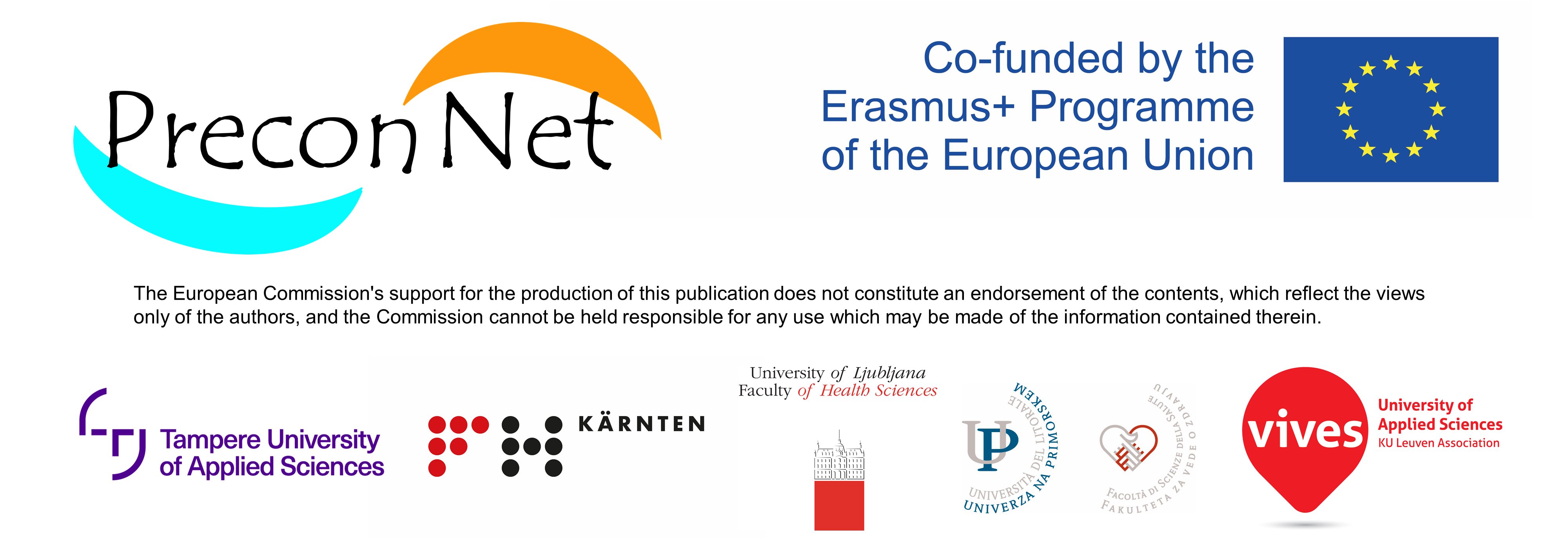Sexual decisions and preconception health
Different life choices can affect our sexual health and potentially also our abilities to conceive, when we decide to have children. Therefore, it is crucial for health professionals to be aware of risk factors that can lower individuals’ fertility to promote safe and healthy choices when counselling teenagers and young adults.
One of major risks for lowering the possibilities for successful conception are sexually transmitted infections (STI), especially infection with Chlamydia trachomatis and Neisseria gonorrhoeae in women. They can cause tubal inflammation that can result in tubal constriction which in long term cause infertility by preventing the passage of ovum. Tubal factor infertility is quoted as the most common cause for female infertility. CDC (Centres for Disease control and prevention) suggest annual screening for all women under 25 years of age. The effect of STI in men’s fertility are not well researched yet, but safe sex decisions should be promoted also among them. Evidence show that STI are more common among individuals with more sexual partners. Awareness for healthy sexual choices (especially regarding appropriate and consistent use of contraception) should be raised already when discussing sexuality with children and teens. Besides the advice regarding different methods of contraception, the issues of partnership and motives for sexual intercourse should also be discussed with them; preferably on individual level.
The use of contraception is suggested not only because of STI, but also to prevent unwanted pregnancies, early in life. In order to address both aspects, the preferred method of contraception would be barrier contraception. However oral hormonal contraceptives are said to be the most commonly prescribed medication among women. Latest review on long term effects of use of this contraception method concludes that they do not affect women’s fertility, however some experts warn that long-term pill use can thin uterine lining and consequently harm the ability for nidation of the fertilized egg cell and that hormones affect physiological cervical mucus composition and advise against the use of hormonal contraception in teenagers and claim that synthetic hormones reduce the natural ability of those young women to produce their own natural hormones. More longitudinal research should be performed in order to firmly conclude whether early use and long term use of hormonal contraceptives are safe option from the aspect of preserving and return of the fertility.
Polona Ana Mivšek, assist. prof. Midwifery
University of Ljubljana, Faculty of Health Sciences, Slovenia

 Previous Post
Previous Post Next Post
Next Post



